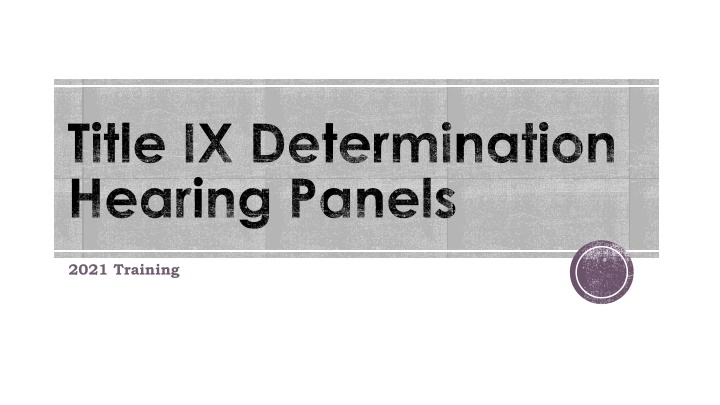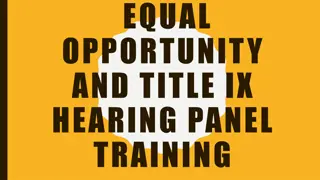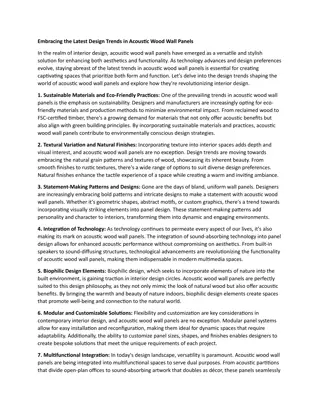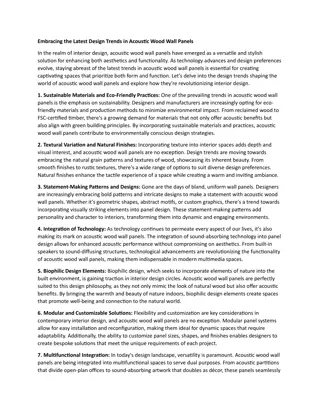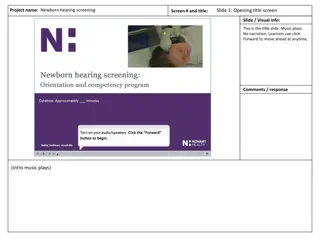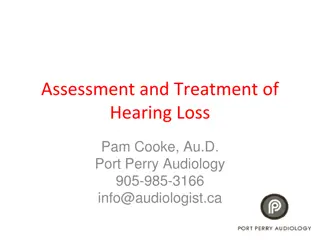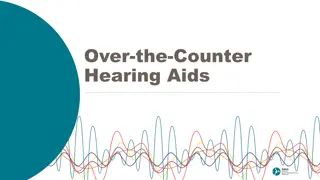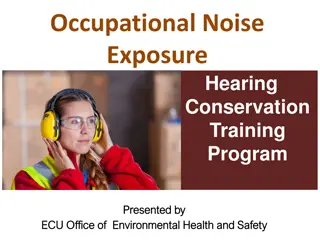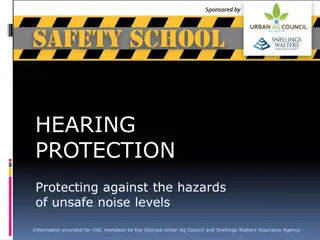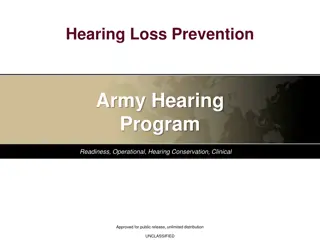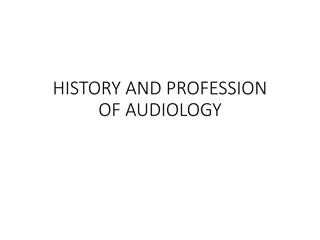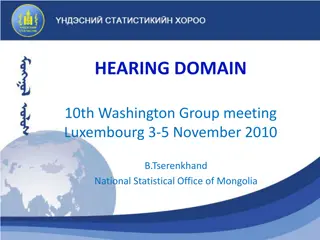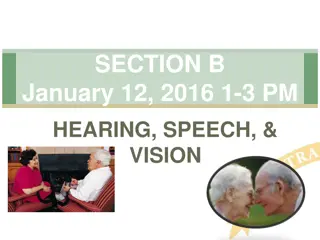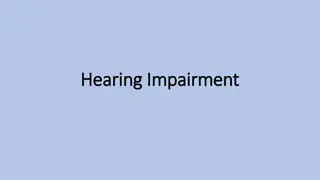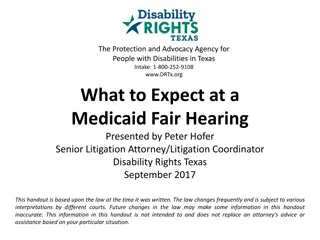Title IX Determination Hearing Panels 2021 Training
Understanding the process and standards involved in Title IX determination hearing panels is crucial for a fair and impartial outcome. The training covers key aspects such as grievance policy review, standard of proof, evidence consideration, questioning witnesses, relevancy, and more. It emphasizes the importance of adhering to proper procedures to ensure justice for all parties involved.
Download Presentation

Please find below an Image/Link to download the presentation.
The content on the website is provided AS IS for your information and personal use only. It may not be sold, licensed, or shared on other websites without obtaining consent from the author.If you encounter any issues during the download, it is possible that the publisher has removed the file from their server.
You are allowed to download the files provided on this website for personal or commercial use, subject to the condition that they are used lawfully. All files are the property of their respective owners.
The content on the website is provided AS IS for your information and personal use only. It may not be sold, licensed, or shared on other websites without obtaining consent from the author.
E N D
Presentation Transcript
Title IX Determination Hearing Panels 2021 Training
Grievance Policy Review the policy prior to the hearing if possible The policy contains all of the standards and processes applicable to the hearing and the University s position.
Standard of Proof The standard of proof adopted by UCA is preponderance of the evidence. This means that the evidence shows more likely than not that a thing did or did not occur. Black s Law Dictionary: The greater weight of the evidence; superior evidentiary weight that, though not sufficient to free the mind wholly from all reasonable doubt, is still sufficient to incline a fair and impartial mind to one side of the issue rather than the other. Commonly, this is the 51% rule- whichever side has the stronger evidence, however slight the edge may be.
Evidence to Consider In reaching a conclusion or finding of fact, the panel may only consider testimony offered during the hearing. The investigation report, while sometimes provided as background of the case, is not evidence to considered alone in reaching a conclusion. Out of hearing testimony or statements are not permitted for consideration. Rape shield and privileges still exist. The Title IX Coordinator or General Counsel will assist the panel in evidentiary rulings.
Questioning Witnesses The Panel may ask questions of any witness at any time. After the witness presents their testimony, the other party s Advisor may ask cross-examination questions of the presenter of evidence (may be a party or witness on behalf of a party). No badgering or bullying of a witness is permitted. The Advisor must remain seated when asking a witness questions. Respectfulness is required.
Relevancy The rules of evidence do not apply. HOWEVER Relevancy is the standard by which to judge the appropriateness of any statement. Blacks Law Dictionary: Relevant- logically connected and tending to prove or disprove a matter in issue; having appreciable probative value-that is, rationally tending to persuade people of the probability or possibility of some alleged fact. Anything offered as testimonial evidence must be RELEVANT to the issue at hand. What happened before or after the issue at hand is generally not relevant to proving or disproving that the thing occurred. -However- if a person later tells another that the issue at hand did not, in fact, happen, then that would be relevant to the issue at hand as matter of proof.
Hearsay not permitted Title IX final rule does not allow hearsay evidence. Hearsay is defined as a statement, other than one made by the declarant while testifying at the hearing, offered in evidence to prove the truth of the matter asserted. What does that mean? We don t know. We can t know. It is one of life s great mysteries. Legal jokes. Don t worry about it. The Title IX Coordinator will assist in determining appropriate evidence.
You are not lawyers and do not have to make legal decisions. Just listen to the facts and decide what seems more credible.
Each case is different with different facts. There is not a normal or typical reaction to a traumatic experience. If someone doesn t react the way you think you would or they should, that is alright. It often takes someone who is a victim of a sexual offense time to process what happened. Latent reporting is normal reporting. Counterintuitive Behavior -avoid assumptions about how people should react to situations. Instead, evaluate the reasonableness and believability of the evidence presented to you. Your assessment of credibility based upon TESTIMONY presented in the hearing AND your impressions as the FINDER OF FACT are IMPORTANT!
Ask questions! If something is unclear-rules, a witness statement, the process-ask for clarification!
THANK YOU Thank you for agreeing to impartially and patiently listen to the evidence and determine the outcome for this process. This process is not possible without your support!
